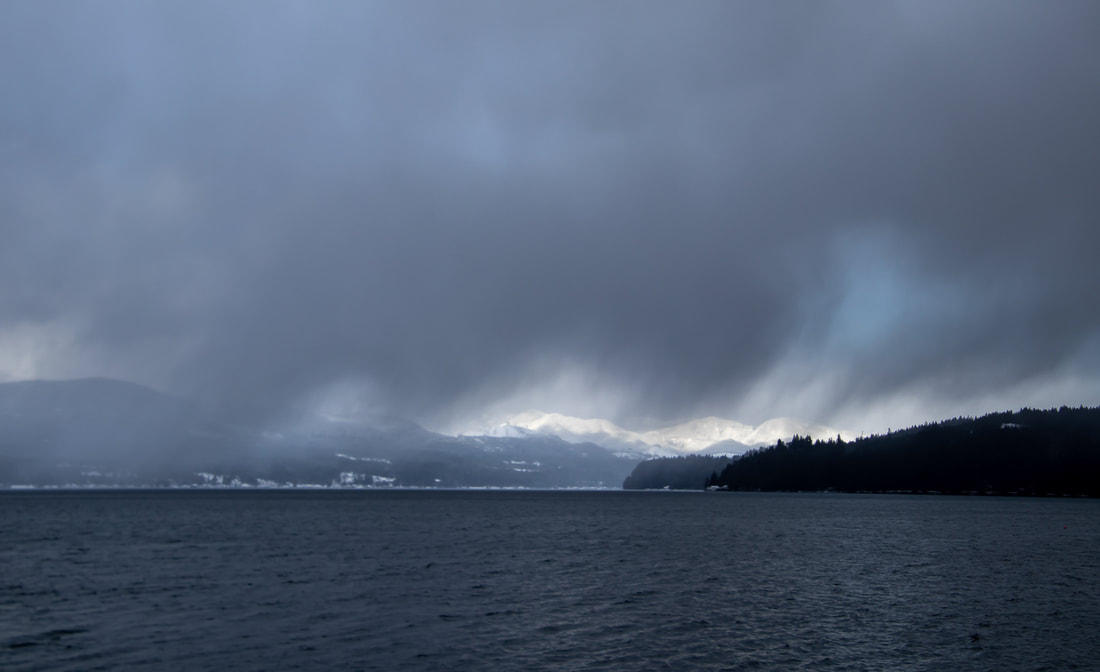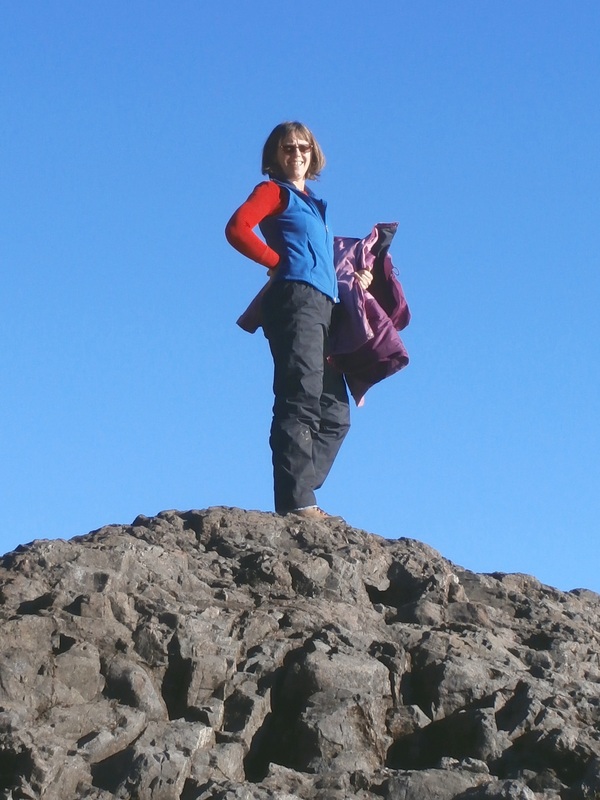|
A message for the community of St. David of Wales on Good Friday, April 15, 2022. I confess that I have never wanted to call this day “good,” that the crucifixion leaves me heartbroken, despite knowing what comes next. I have imagined, time and again, a different story that didn’t require death. Each year as our Holy Week journey takes us closer to the cross, I have hoped against hope that just this once, events would unfold differently, that history would be rewritten, that the powers of church and state would surrender themselves to the radical power of love that Jesus professed and embodied. I have wanted alternative scriptures where, having fully instituted God’s will on earth as in heaven, Jesus retires to Galilee, resumes carpentry, marries, raises a family, and lives to a ripe old age. I have wanted all this because I wanted to believe that if only enlightened twenty-first century believers, like me and you had been around back then, the loud Hosannas on Sunday would not have turned into shouts of “crucify him” come Friday. I’ve wanted to believe that we, unlike the disciples who travelled with Jesus, would’ve been able to influence leaders and crowds and even Jesus to broker a death-free outcome.
Like the disciples, I have wanted to tell Jesus to stop talking about his imminent death, to stay away from Jerusalem, to fight back, to win. And every year I find myself alongside the disciples, having failed to keep Jesus safe, and having failed to walk boldly alongside him to death. And as if the Reverend Nadia Bolz Weber had read my mind, she wrote this in her Palm Sunday email: [N]o amount of improved humanity could have stopped it. No good intentions, no nobility, no sin avoidance, no piety. Nothing could have stopped this Paschal mystery of God and humanity. No amount of super-good discipleship or wisdom or woke-ness would make a lick of difference to God’s determination to draw all people to God’s self. Every year, I have come to this broken-hearted Friday filled with the shame of being a self-centered and small-minded human, wrestling with my own complicity in Jesus’ death. Sounding like Peter, I say, “How can I be responsible? I don’t know him. I’ve never met him.” Except I have, within each of us, every day. I can’t bear to be the cause of Jesus’ willing walk to execution, as though it happens over again every sorrowful Friday. I can’t stand to watch him suffer. I want to deny that he knew his death was necessary and that he chose to allow it. But the gospels are heavy with Jesus’ own foretelling of his death. I want to protest that even if Jesus had to die back then, his choice wasn’t necessary to open the way for my, and our, reconciliation with God. That it’s all ancient history. But what do I know? In her email Rev. Bolz-Weber reminds me, “It would have happened like this even if the Jesus event were happening now instead of then. Even if we knew everything in advance.” She writes: God did not become human and dwell among us as Jesus to save only an improved, doesn’t-make-the-wrong-choices kind of people. There is no improved version of humanity that could have done any differently. Because we, as we are and not as some improved version of ourselves… are [who] God came to save from ourselves.” Using her words as a lens to examine my desires for an alternate reality, I find that my fantasy only serves to keep me distant from God. It is only when I acknowledge the pain of separation from God, and my utter helplessness to control life and death, that I can allow myself to experience the grief this day brings. The grief Jesus carries as he surrenders his spirit is a grief that radiates from the cross and encompasses all that has been broken in God’s creation. How could he possibly bear it? How can we? In German, this holy day is “Karfreitag,” which translates to Suffering or Sorrowful Friday. And on this suffering and sorrowful Friday we’re asked, for just one day, to witness and not turn away. We’re asked to find faith and love and hope where it seems absent. I can only call this day “good” when I gather the courage to sit in the full weight of my sorrow. Only then can I, can we, embrace the love of God which knows no bounds.
0 Comments
Your comment will be posted after it is approved.
Leave a Reply. |
I began blogging about "This or Something Better" in 2011 when my husband and I were discerning what came next in our lives, which turned out to be relocating to Puget Sound from our Native California. My older posts can be found here.
Categories
All
Archives
September 2023
Newsletters |

